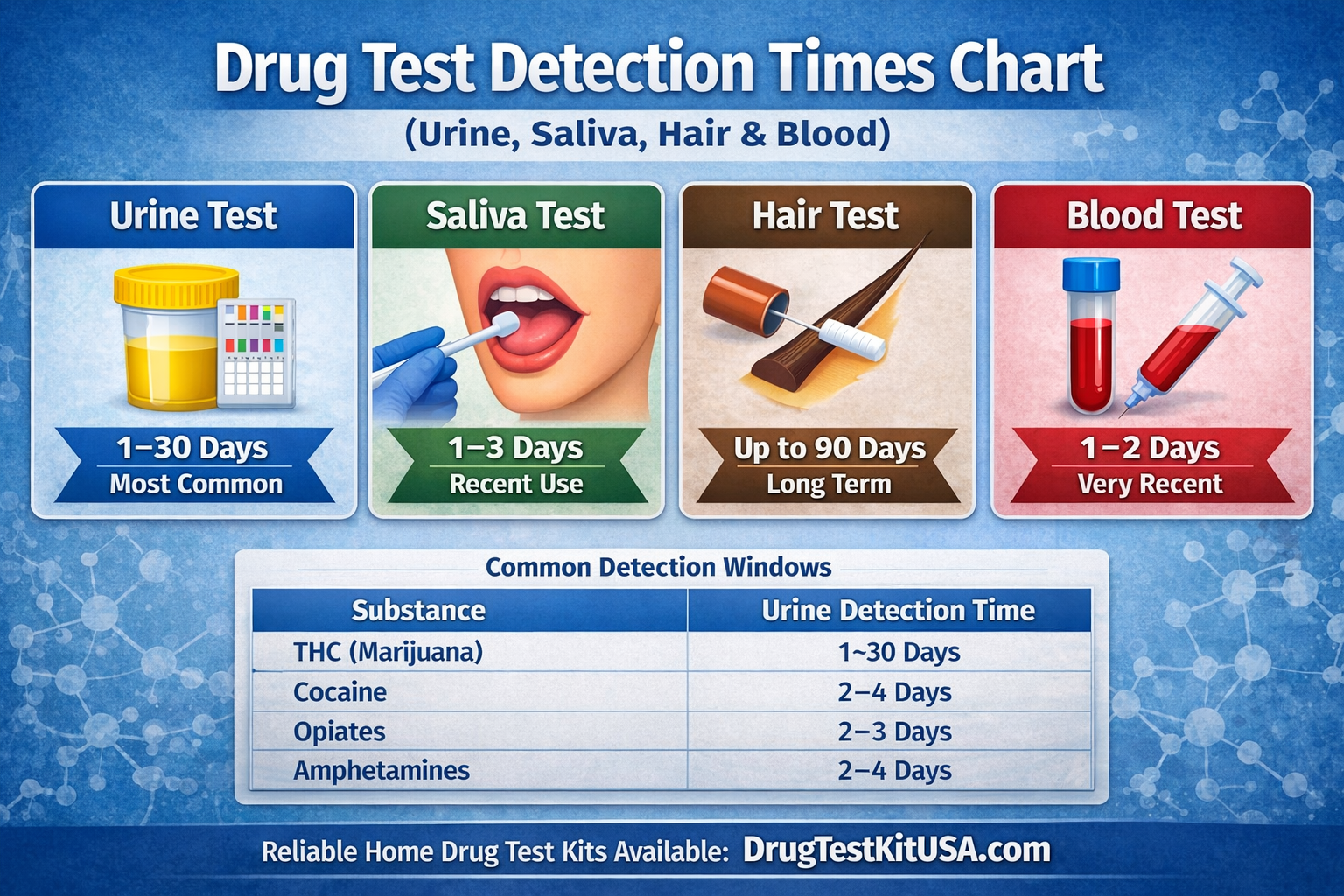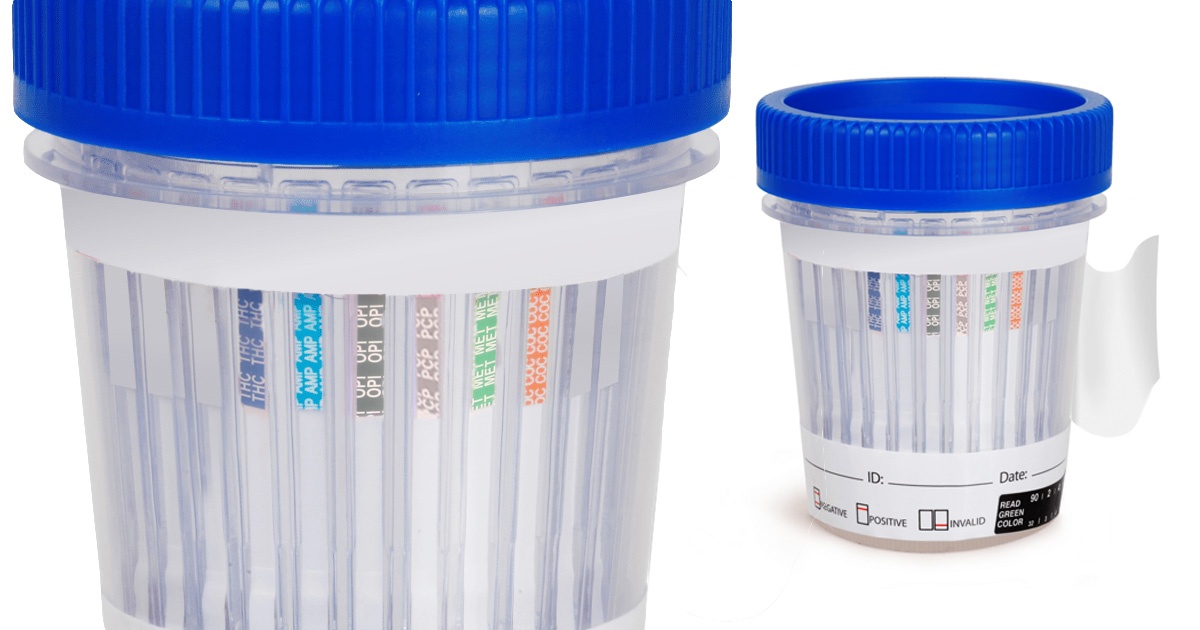
Drug Test Detection Times Chart (Urine, Saliva, Hair & Blood)
Drug test detection times vary depending on the substance, the type of test used, and individual biological factors. Understanding how long drugs remain detectable is

The Science Behind Addiction and Obsession
When an individual exhibits addictive or obsessive behavior, they continue to do so because the stimulus in question is perceived to be highly rewarding despite the adverse consequences that follow. Clinical research has shown that addiction alters the brain’s processes that dictate what a person desires, how habits are formed, how emotions are regulated, as well as how learning takes place. Researchers such as Gallimberti, Terraneo, Goldstein and Volkow have studied the mechanisms of and potential treatment modalities for addiction.
In the case of cocaine addiction, clinical neuroscientist Anna Childress analyzes the brain scans of recovering addicts and determines how the brain’s reward system is triggered by subliminal cues. In her experiments she briefly shows patients images of cocaine – less than a second of exposure – and observes how the reward system is easily stimulated. Childress, along with many fellow neuroscientists, ultimately seek to stop this activation from occurring, preventing recovering addicts from relapsing from exposure to triggers. One experimental method that has shown to have results is the use of transcranial magnetic stimulation, where electromagnetic pulses are applied to the prefrontal cortex. Patrick Perotti, a serious cocaine user, resorted to this technique when he felt he had exhausted all other traditional options and has yet to fall into another relapse.
Cocaine addiction, a target of behavioral scientists, falls into the spectrum of compulsive behaviors. A recent revision in the handbook of American psychiatry, the Diagnostic and Statistical Manual of Mental Disorders, officially recognizes gambling as a behavioral addiction. Through the application of scientific approaches, researchers hope to cure compulsive behaviors such as gambling and gaming addictions. Scientists also believe that excessive shopping, use of social media, and consumption of junk food can potentially be addictive due to the “craving” effect they have on the brain’s rewards system. All of these activities resemble drug addiction by producing 3 common factors: an insatiable desire, an uncontrollable urge and a total disregard for consequences.
Advances in the area of neuroscience have done much to support the disease theory of addiction. The brain houses the infrastructure of how a person thinks, considers risk and applies self-control. Neurologist, Antonello Bonci from the National Institute on Drug Abuse describes addiction as a “pathological form of learning”; addiction rewires the brain into having new perceived wants and needs. Scientists recognize the need for additional research and studies to further validate their experimental treatments, but are reassured by the progress they have made thus far.
https://www.nationalgeographic.com/magazine/2017/09/the-addicted-brain/

Drug test detection times vary depending on the substance, the type of test used, and individual biological factors. Understanding how long drugs remain detectable is

Drug use in the workplace is a real issue that many small to medium business (SMB) owners face. According to National Survey on Drug Use


Security at Stripe: Learn how Stripe handles security.
A PCI-certified auditor has audited Stripe. We’re a certified PCI Service Provider Level 1. This is the most stringent level of certification available in the payments industry. To accomplish this, we use the best-in-class security tools and practices to maintain a high level of security at Stripe.
Stripe forces HTTPS for all services using TLS (SSL), including our public website and the Dashboard to ensure secure connections:
We regularly audit the details of our implementation, including the certificates we serve, the certificate authorities we use, and the ciphers we support. We use HSTS to ensure that browsers interact with Stripe only over HTTPS. Stripe is also on the HSTS preloaded lists for both Google Chrome and Mozilla Firefox.
All card numbers are encrypted at rest with AES-256. Decryption keys are stored on separate machines. None of Stripe’s internal servers and daemons can obtain plain text card numbers but can request that cards are sent to a service provider on a static allowlist. Stripe’s infrastructure for storing, decrypting, and transmitting card numbers runs in a separate hosting environment, and doesn’t share any credentials with Stripe’s primary services including our API and website.
Why use PayPal?
Your information is secured.
When you pay with PayPal, your financial information is never shared with the seller, and you can pay using only your email address and password.
Security around the clock.
PayPal monitors every transaction 24/7 to help prevent against fraud, email phishing and identity theft. Every transaction is heavily guarded behind their next-level encryption.
If something seems suspicious, their dedicated team of security specialists is immediately on it to help protect you from fraudulent transactions. And remember, PayPal will never ask for any sensitive information from you in an email.
You can be sure that your transaction is protected and secure when you use PayPal at the DrugTestKitUSA checkout.